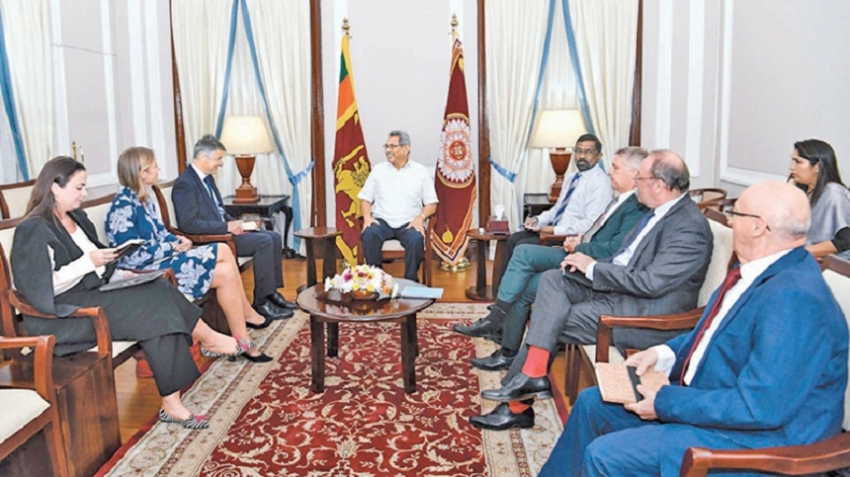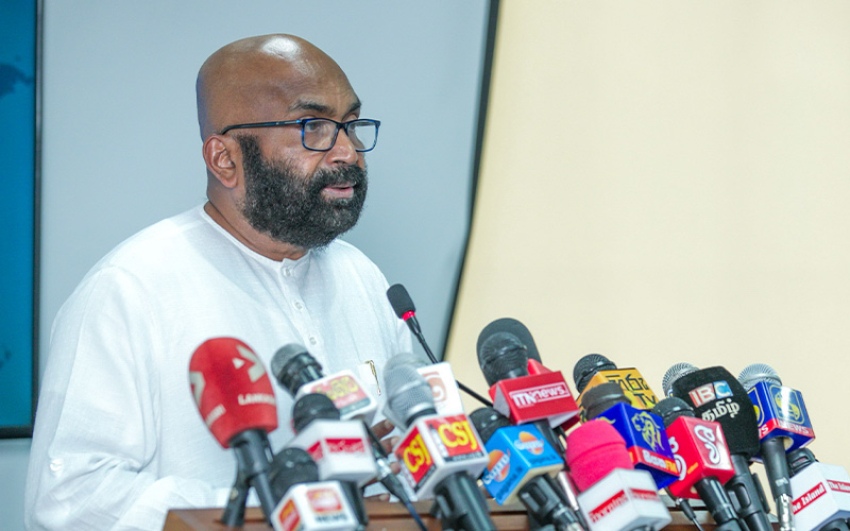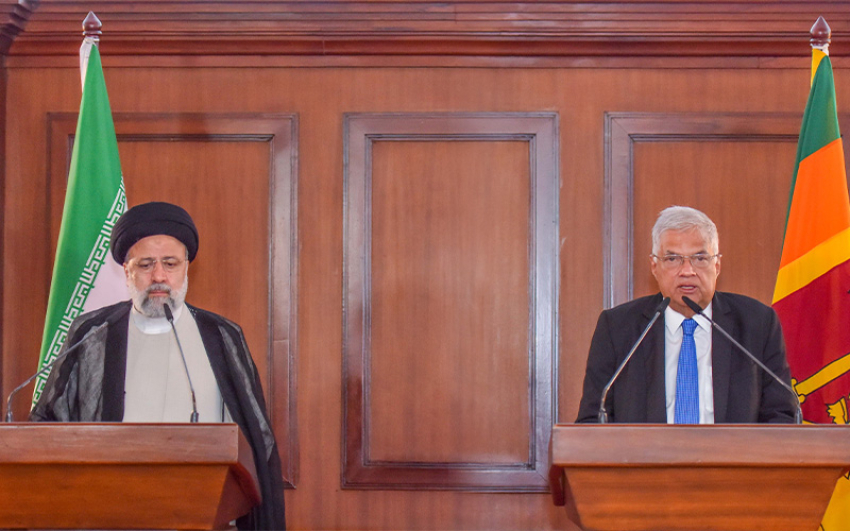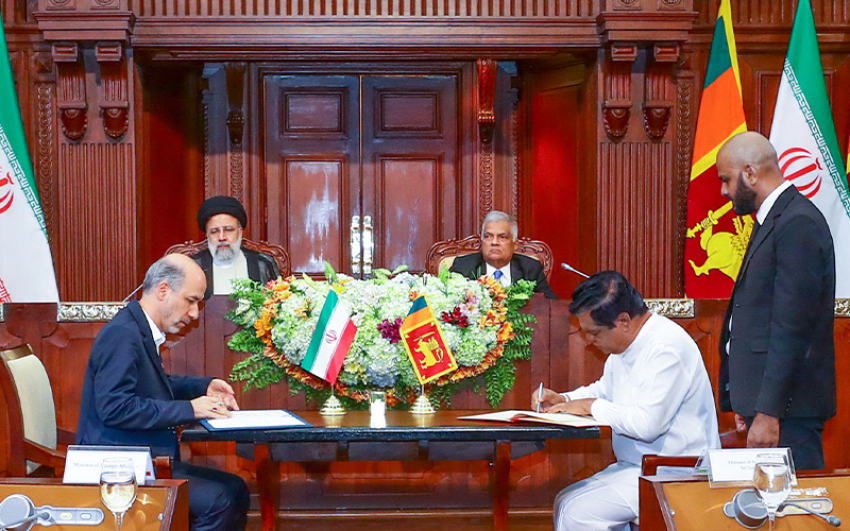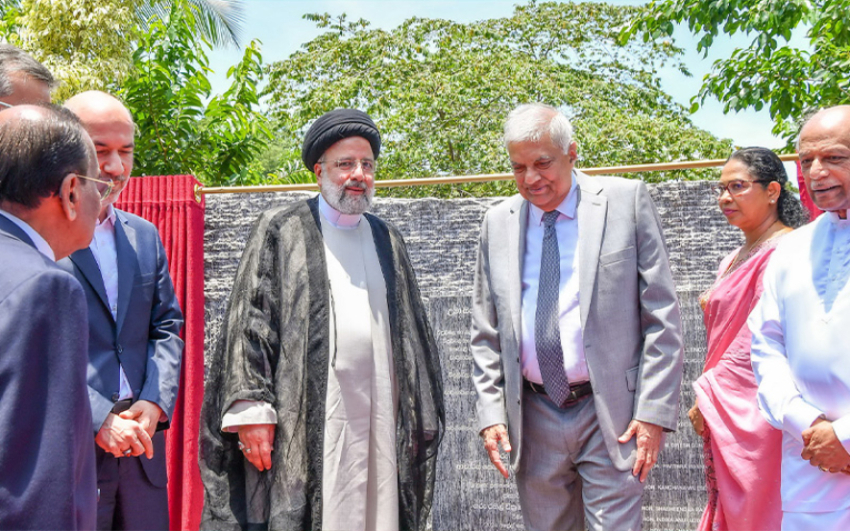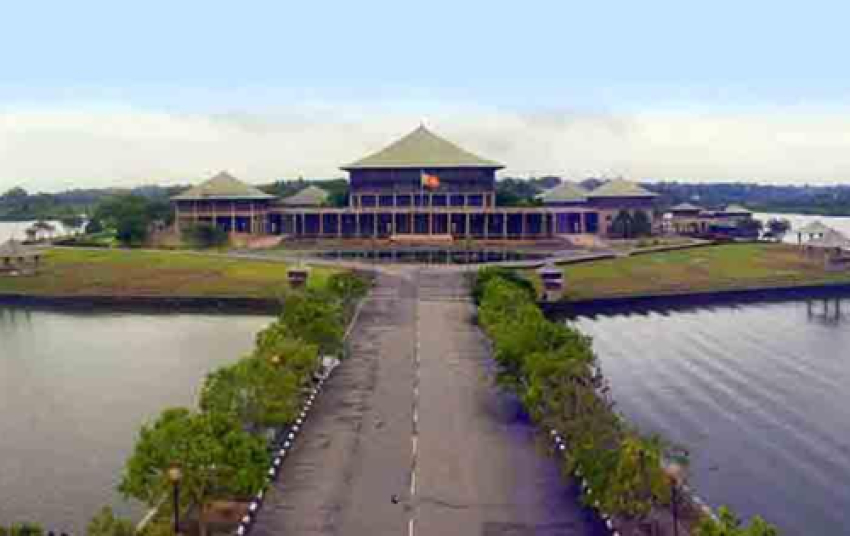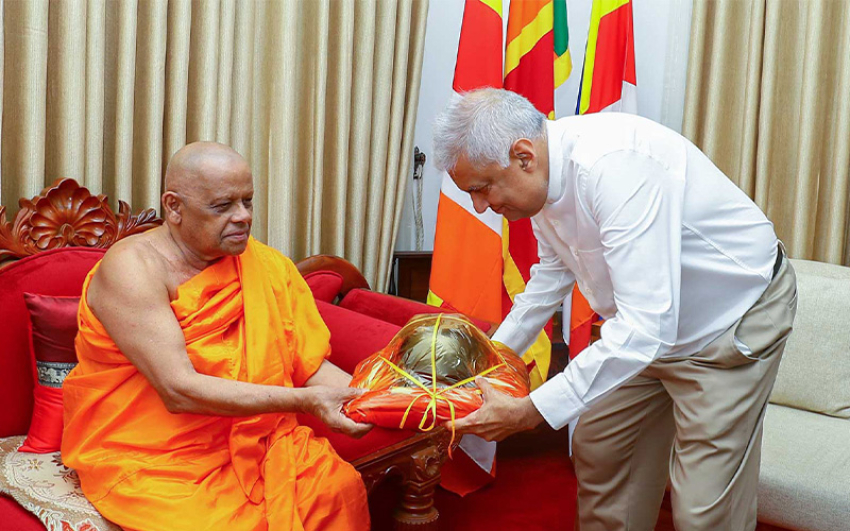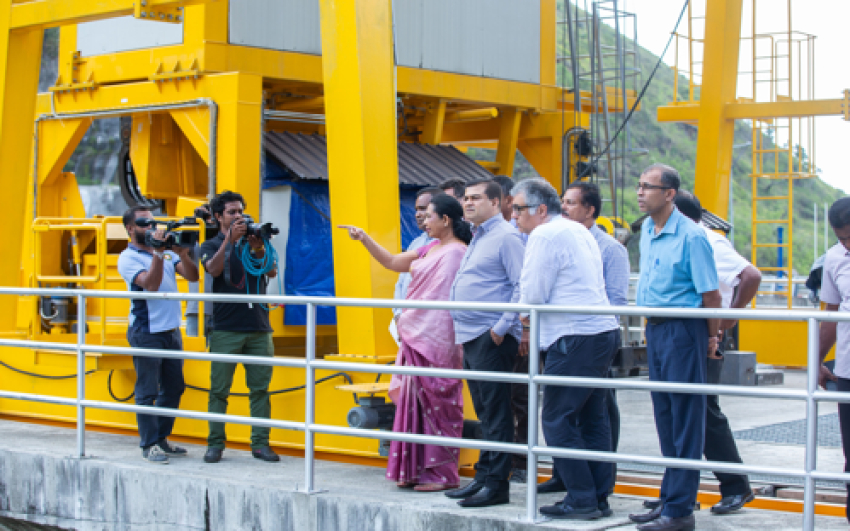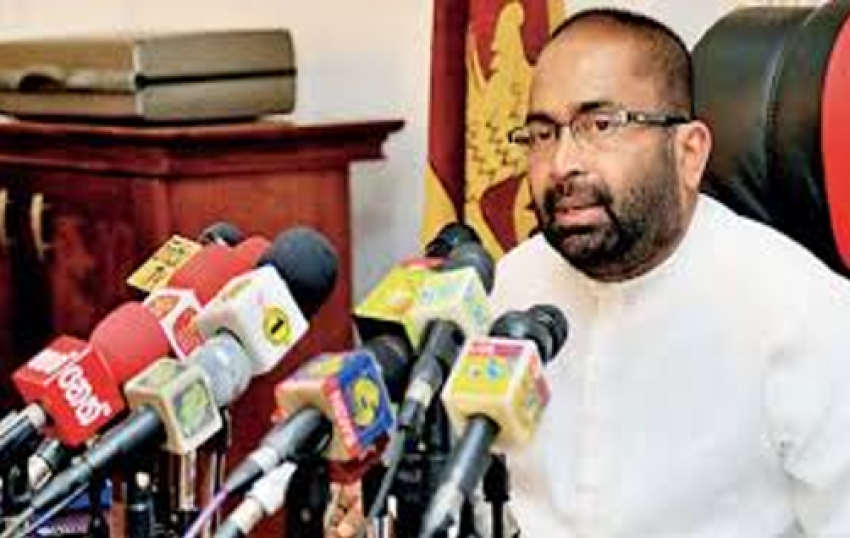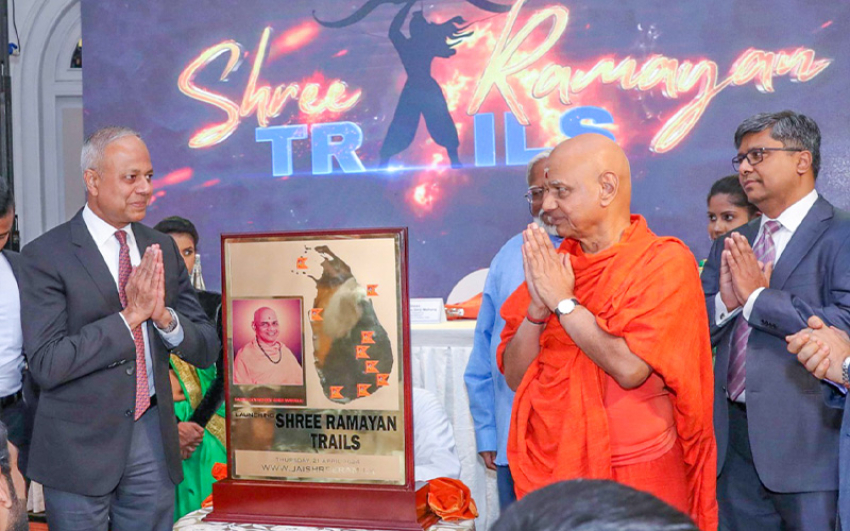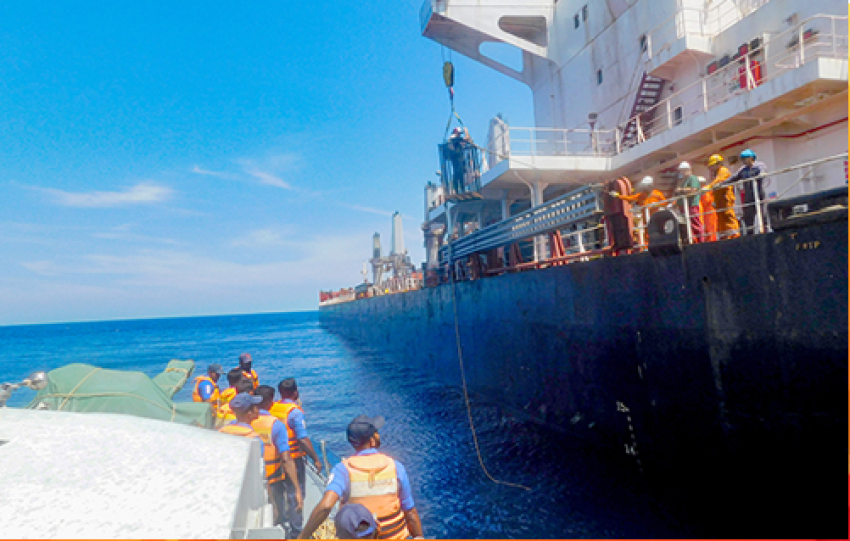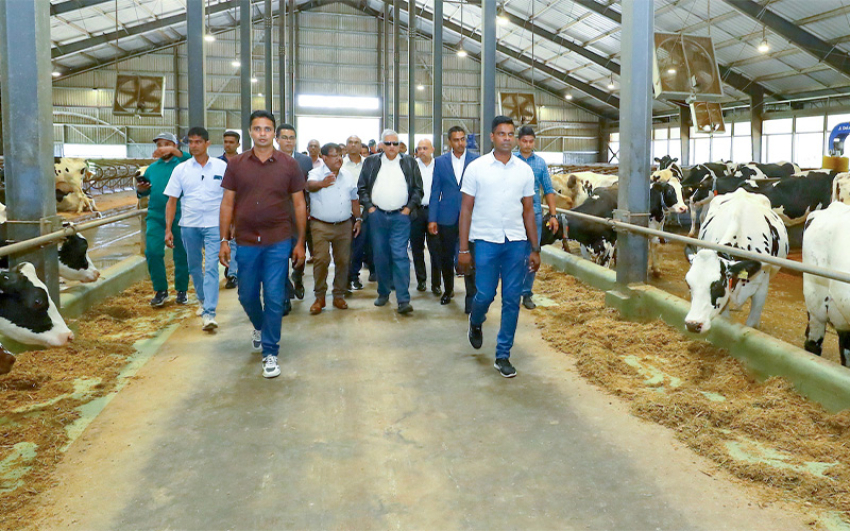Ambassadors of several European countries based in Sri Lanka called on President Gotabaya Rajapaksa at the President’s Office in Colombo on Monday. Ambassadors of France, Germany, Italy, The Netherlands, Romania and the Ambassador of the Delegation of the European Union were present.
Underlying Sri Lanka’s neutrality stance, President Gotabaya Rajapaksa pointed out to the Western World that the best way to overcome regional hegemony would be to assist small countries such as Sri Lanka to develop and move forward at the same pace as the developed countries.Addressing the envoys of European Union (EU) earlier this week, the President invited all countries to look positively at Sri Lanka as an investment hub.
The EU ambassadors expressed interest in the government’s views about development and devolution. President Rajapaksa stated that political solutions must go hand in hand with economic development for the benefit of the people. Taking the 13th Amendment as an example, he noted that certain areas cannot be accommodated. Instead politicians must look at alternate solutions. For instance, if police powers were handed over to the Provincial Councils, it would simply lead to politicization of police work.
The election manifesto of Gotabaya Rajapaksa clearly outlined that Sri Lanka would continued to be a unitary state. In a unitary state, certain powers could not be devolved to lower level administration structures. The difference between a unitary and a federal government is that a unitary government puts its power in one central government while in a federal system the governing power is divided into federal and local governing bodies that connect to the national government.
In a unitary state, the central government commonly delegates authority to subnational units and channels policy decisions down to them for implementation. A majority of nation-states are unitary systems.
The 13th Amendment was adopted aftermath of Indo-Sri Lanka Agreement of July 1987. Although Provincial Councils were set up and many powers were devolved to them, certain powers such as land and police could not be devolved due to practical impossibilities. Now it will be necessary to review the 13th Amendment and clearly define the subjects and functions devolved to provincial councils. It will also be necessary to formulate national policies on certain devolved issues such as education, agriculture and health. But when a national policy is made, it must be through a constitutionally mandated process which is participatory, involving the provinces.
Unitary state
One of the main issues which failed to find a consensus when the last constitutional draft was formulated was the characterization of the unitary state and the differences of the meanings in the Sinhala term ‘aekeeya’ and the Tamil word ‘orumiththandu.’
The majority opinion is that there is no reason to have different words to define the term unitary, which is ‘aekeeya’ in Sinhala. However, the Tamil word ‘orumithtaandu’ has a different meaning. TNA MP Abraham Sumanthiran, who assisted the drafting of the steering committee paper, acknowledged that there was a difference in meaning. However, he tried to defend the inclusion of the new Tamil word by adding the word ‘indivisible’ to ensure that Sri Lanka is a ‘united’ country. Most constitutional analysts are of the opinion that the proposed change is aimed at establishing a federal state without using the word federal which is unacceptable to the majority.
Foreign Minister Dinesh Gunawardena, then a member of the opposition group, revealed that his group had submitted a 14-point plan and they had not been considered by the Steering Committee. He asserted that they would not agree on diluting the unitary nature of the state or diluting the position given to the majority religion of Buddhism.
As President Rajapaksa pointed out what is essential is to take effective steps to remove disparities in different regions on the area of development instead of conducting ceaseless narrations on devolution. Once the equilibrium in development is ensured, that will empower people.
In the context of speedy development, the importance of agriculture cannot be over emphasized. President Rajapaksa noted weather was a main challenge affecting Sri Lanka’s agriculture. Therefore Sri Lanka needs to explore how methods such as greenhouse can help. He also noted the need for Sri Lanka to move from chemical to organic fertilizer. This will attract different markets. Also, he emphasized the need to make such a transformation as chemical fertilizers and pesticides are a major cause for cancer as well as a pollutant of our waterways.
Ambassadors of European countries
Netherland Ambassador Tanja Gonggrijp agreed and explained the integrated programmes Government of Netherlands has already initiated in Sri Lanka with regard to organic farming. The farmers, she pointed out, however need support from the Administration for the transformation to be successful. Italian Deputy Ambassador Allegra Baistrochchi also spoke of a spice farm project in Uva Province for female farmers that have been initiated by the Italian Government. Currently about 400 farmers are engaged with the programme.
Headed by the Ambassador of the European Union to Sri Lanka Denis Chaibi, the delegation comprised Ambassador of the Kingdom of Netherlands Tanja Gonggrijp, Deputy Head of Mission of the Embassy of Italy Allegra Baistrochchi, Ambassador of Romania Dr. Victor Chiujdea, Ambassador of France Eric Lavertu and Ambassador of Germany Jorn Rohde.
Congratulating President Rajapaksa on being elected to the office, on behalf of the delegation, Denis Chaibi spoke positively of a well-organised presidential campaign and the well-delivered speech by the President during the swearing in ceremony.
The delegation also commended the commitment of the President to address corruption, improve transparency and reward professionalism and meritocracy.
They emphasized that Sri Lanka can rely on the EU as a reliable and long term partner. Hence, an honest and efficient administration is vital component in confidence building with EU partners.

